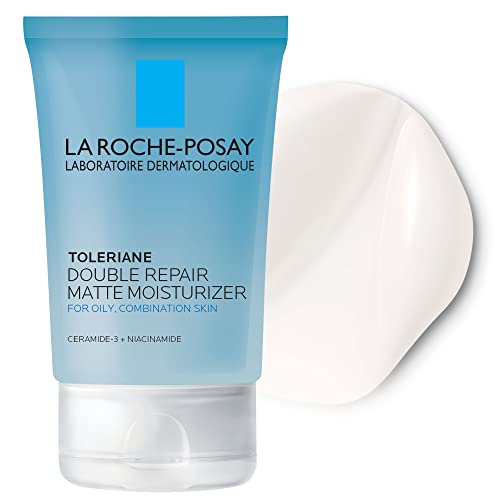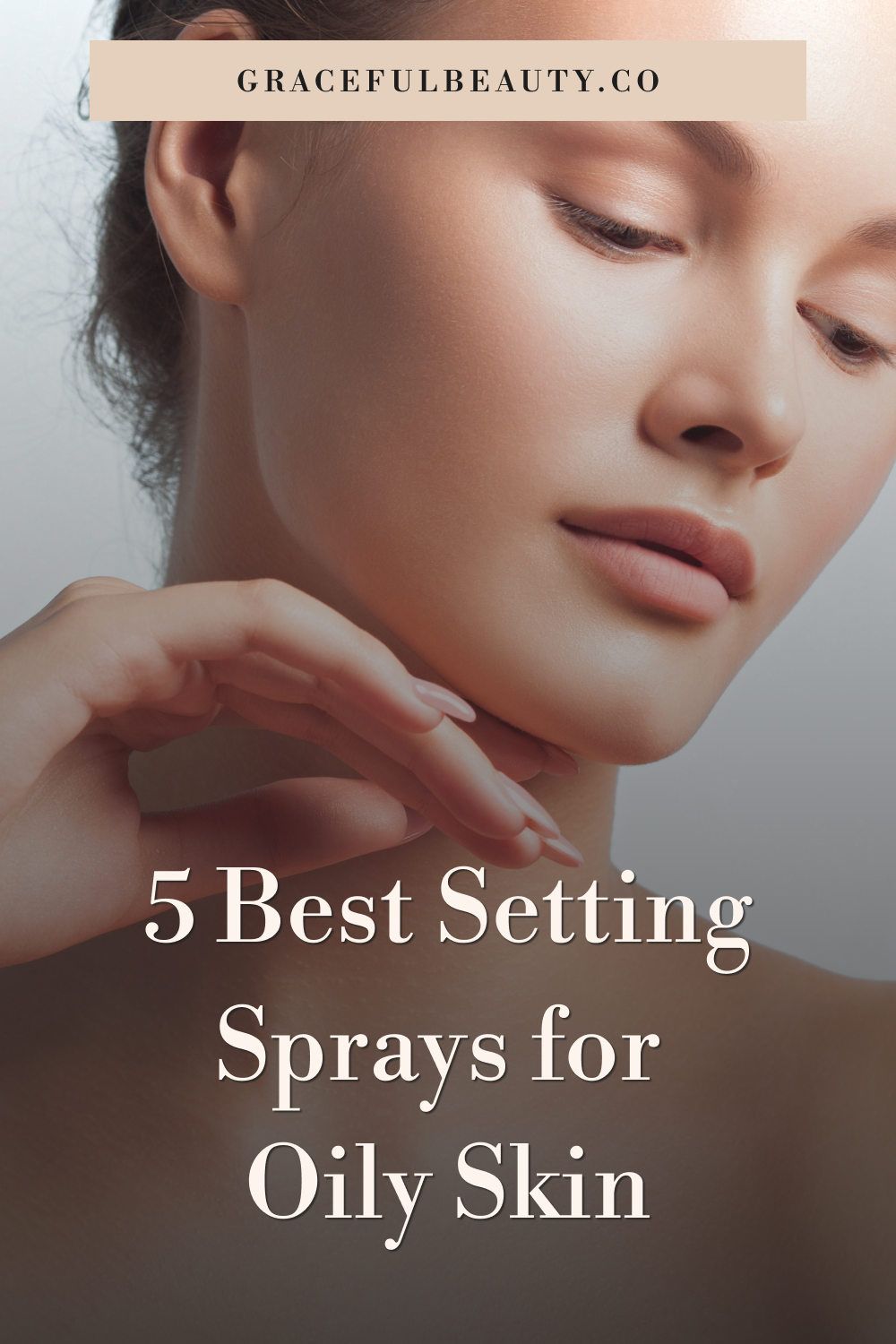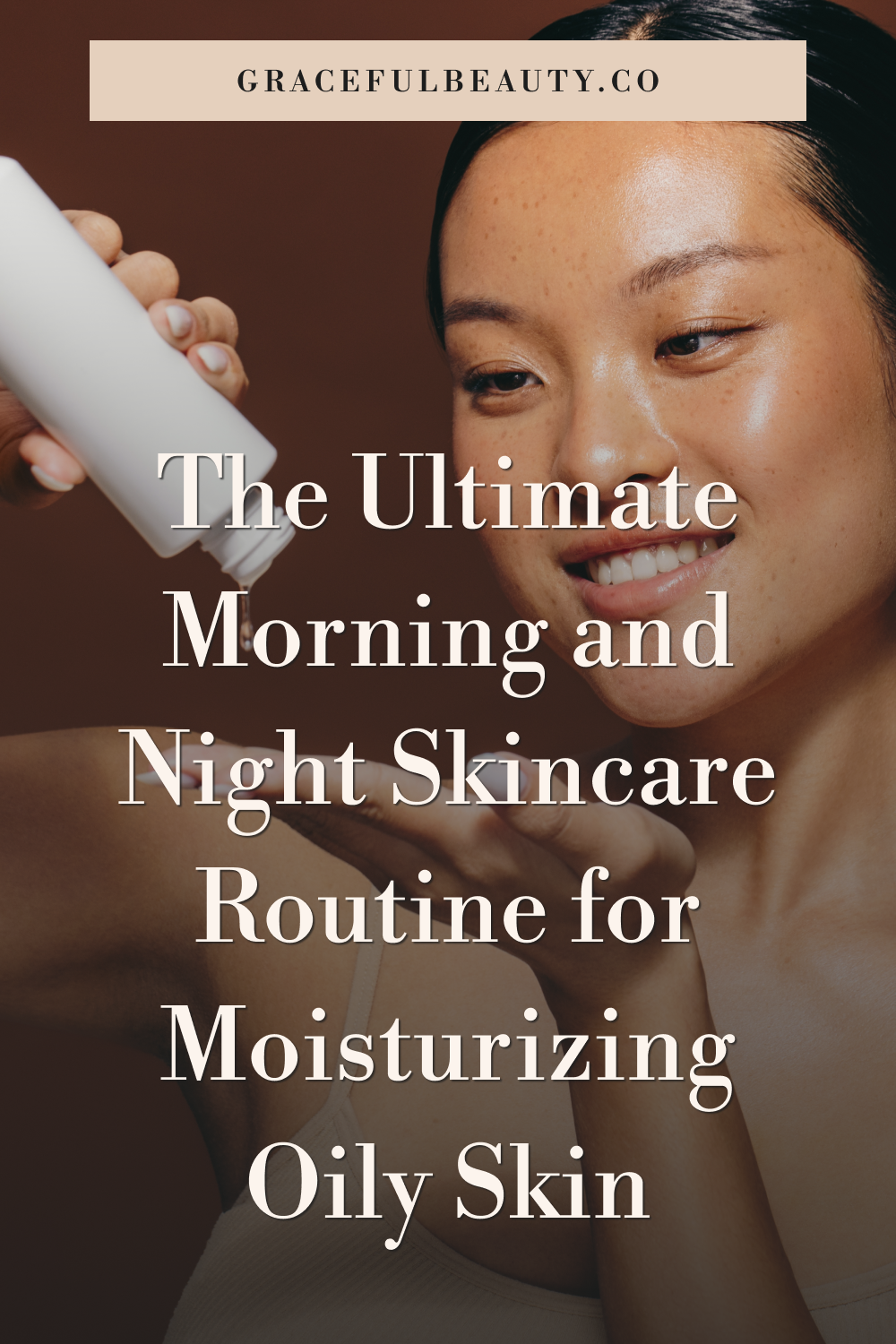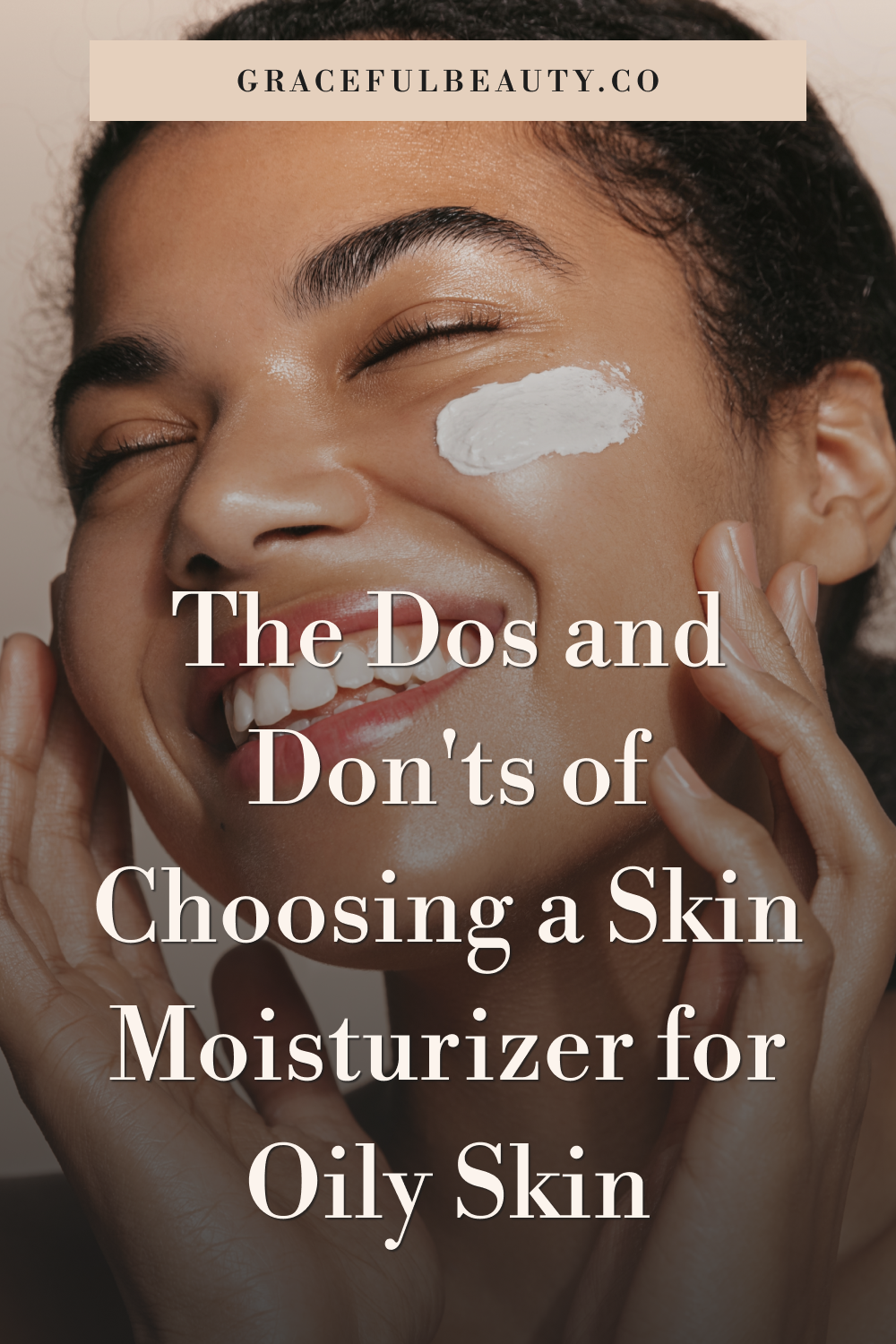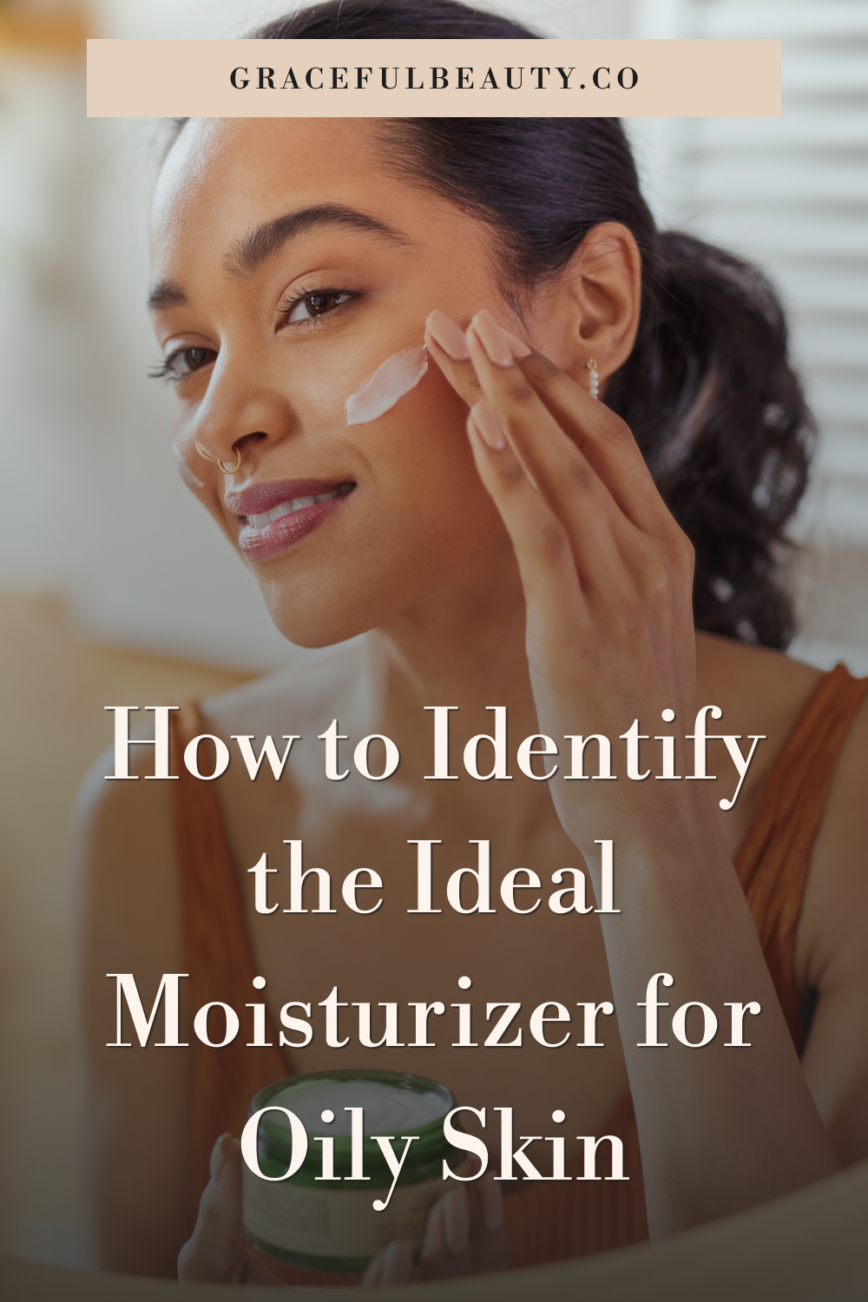
In this article, you will learn to find the perfect moisturizer for oily skin.
Finding the perfect moisturizer for oily skin can be a challenging task. With numerous products available in the market, it’s crucial to understand your skin’s specific needs to achieve a healthy and balanced complexion.
In this ultimate guide, we’ll explore the essential factors to consider when selecting a moisturizer for oily skin, as well as provide expert tips and recommendations to help you make an informed decision. Whether you’re dealing with excess shine or looking to combat blemishes, this comprehensive guide will empower you to find the ideal moisturizer tailored to your skin type.
Understanding Oily Skin and Its Needs
What Causes Oily Skin?
Oily skin is characterized by an overproduction of sebum, the natural oil produced by the skin. The sebaceous glands, responsible for secreting sebum, can become overactive due to various factors such as genetics, hormonal changes, diet, and stress. These factors can trigger an increase in sebum production, leading to a shiny, greasy appearance and potential skin issues like clogged pores, blackheads, and acne.
The Importance of Proper Hydration
Despite the overproduction of oil, it is crucial to understand that oily skin still requires proper hydration. Depriving oily skin of moisture can actually exacerbate the issue by triggering the sebaceous glands to produce even more oil in an attempt to compensate for the lack of hydration. Therefore, using a lightweight, non-comedogenic moisturizer specifically formulated for oily skin is essential to maintain a balanced and healthy complexion. Additionally, incorporating hydrating ingredients like hyaluronic acid can help regulate oil production while keeping the skin adequately moisturized.
For more in-depth information on oily skin and its specific care requirements, you can refer to the American Academy of Dermatology.
The Role of Moisturizers in Oily Skin Care
Myth-Busting
People often mistake skin oil for skin hydration. Skin oil, or sebum, is secreted by the sebaceous glands to maintain the barrier function of the skin. On the other hand, skin hydration is the absorption of water into the layers of the skin to maintain its plumpness, elasticity, and resiliency. Despite excessive sebum build-up leading to oily skin and acne, it doesn’t signify well-hydrated skin. In fact, stripping away these oils can promote the loss of moisture, leading to dehydration and increased risk of inflammation, infection, wrinkles, and premature aging.
How Moisturizers Benefit Your Oily Skin
- Skin Health and Dehydration: Dehydrated skin may increase the risk of breakouts as the body compensates by producing more oil to bolster the skin’s barrier function, leading to clogged pores and more pimples. It’s essential to understand that oily skin doesn’t necessarily equate to well-hydrated skin and various environmental factors can disrupt the skin’s integrity, leading to rapid moisture loss and dryness.
- Acne and Moisturizing: Many acne ingredients, such as topical retinoids and benzoyl peroxide, have a drying effect on the skin. While they may be beneficial for treating acne, they can leave the skin dry and flaky. Therefore, the right moisturizer can help restore moisture balance, reduce the risk of dehydration, and counteract the drying effects of acne treatments.
For further information on skincare routine for acne, head on over to Cerave.
Key Ingredients to Look for in a Moisturizer for Oily Skin
Hyaluronic Acid
Hyaluronic acid is a powerhouse ingredient for oily skin. It helps to hydrate the skin without adding excess oil, as it has the ability to hold up to 1000 times its weight in water. This makes it an ideal choice for oily skin as it provides lightweight moisture and helps to plump and smooth the skin’s surface.
Niacinamide
Niacinamide, also known as vitamin B3, is a versatile ingredient known for its oil-balancing properties. It helps to regulate sebum production, reduce the appearance of pores, and improve the overall texture of the skin. Additionally, niacinamide has anti-inflammatory effects, making it beneficial for controlling acne and calming redness.
Salicylic Acid
Salicylic acid is a beta-hydroxy acid (BHA) that effectively penetrates the pores to remove excess oil, dirt, and impurities. It also has exfoliating properties, which can help prevent clogged pores and breakouts. When formulated in a moisturizer, it can provide gentle exfoliation while keeping oily skin in check.
Glycerin
Glycerin is a humectant that attracts moisture to the skin without clogging the pores. It helps to maintain the skin’s natural moisture balance, leaving it feeling hydrated and smooth. In moisturizers for oily skin, glycerin provides lightweight hydration without adding to the skin’s oiliness.
When choosing a moisturizer for oily skin, look for products that contain these key ingredients to effectively balance oil production, hydrate the skin, and promote a clear, healthy complexion.
The Non-Comedogenic Standard
What Does Non-Comedogenic Mean?
The term “non-comedogenic” refers to skincare products formulated specifically not to clog pores. It is particularly important for individuals with oily skin as excess oil can lead to blocked pores and acne breakouts. When considering non-comedogenic products, it is essential to understand that this term is not regulated by the FDA, and there is no standardized rating scale for comedogenicity. Instead, manufacturers often rely on various studies to determine if their products are non-comedogenic.
Why Non-Comedogenic Products Are Essential for Oily Skin
For those with oily skin or prone to acne, non-comedogenic products are crucial in preventing pore blockages which can lead to breakouts. Oily skin is more susceptible to blocked pores, as excess oil, combined with dead skin cells, can create an environment for bacteria to thrive, leading to acne. By using non-comedogenic products, individuals can reduce the risk of pore blockages and potential breakouts, providing a solution tailored to their specific skin type and concerns.
By using non-comedogenic products, individuals can greatly reduce the risk of pore blockages and potential breakouts.
Texture and Formula: What Works Best for Oily Skin?
Gel Moisturizers
When it comes to selecting a moisturizer for oily skin, the texture and formula play a crucial role in maintaining a shine-free complexion. Gel moisturizers are lightweight and water-based, making them an ideal choice for oily skin. They provide the necessary hydration without adding excess oil, leaving the skin feeling refreshed and mattified. The non-greasy nature of gel moisturizers makes them suitable for daily use and ensures that the skin remains balanced without clogging pores.
Lotions vs. Creams
For individuals with oily skin, choosing between lotions and creams is essential. Lotions are lighter and more fluid, absorbing quickly into the skin without leaving a heavy residue. They provide hydration without adding extra oil, making them a preferred choice for oily skin types. On the other hand, creams are thicker and may contain a higher concentration of oils, which can be too heavy for oily skin, leading to a greasy complexion. Opting for lightweight lotions over heavy creams is beneficial for maintaining a shine-free appearance.
Oil-Free Formulas
Selecting moisturizers with oil-free formulas is crucial for individuals with oily skin. Oil-free moisturizers are designed to provide hydration without contributing to excess oil production. These formulas often contain ingredients such as hyaluronic acid, glycerin, or non-comedogenic oils that help in moisturizing the skin without clogging pores or causing a greasy residue. By opting for oil-free formulas, individuals with oily skin can ensure that their moisturizer helps in controlling shine and maintaining a balanced complexion.
When choosing a moisturizer for oily skin, considering the texture, formula, and specific attributes such as being oil-free can significantly impact the skin’s overall appearance and manage excessive oil production. It’s essential to select products that not only provide hydration but also cater to the specific needs of oily skin, helping individuals achieve a mattified and balanced complexion.
Moisturizers with SPF: Protecting Oily Skin from the Sun
The Importance of Sun Protection for Oily Skin
Oily skin is not immune to sun damage, making it crucial to protect it from harmful UV rays. Excessive sun exposure can lead to skin damage, premature aging, and an increased risk of skin cancer. For those with oily skin, finding a moisturizer with SPF is essential to provide sun protection without exacerbating oiliness. Moreover, SPF moisturizers help in preventing the overproduction of sebum, reducing the likelihood of breakouts and acne flare-ups.
When choosing an SPF moisturizer for oily skin, it is important to opt for a product labeled “non-comedogenic,” meaning it won’t clog pores. Additionally, look for lightweight, oil-free formulas that offer broad-spectrum protection against UVA and UVB rays. This ensures that the moisturizer effectively shields the skin from the sun without adding excess oil or shine.
Recommended SPF Moisturizers for Oily Skin
La Roche-Posay Anthelios Clear Skin Oil Free SPF 60 Sunscreen
This matte sunscreen is specifically formulated for oily, acne-prone skin. It provides high SPF protection while absorbing excess oil for a shine-free finish.
Cetaphil Pro Oil Absorbing Moisturizer with SPF 30
Designed for oily and combination skin, this moisturizer offers broad-spectrum SPF protection and helps control oil production throughout the day.
Neutrogena Hydro Boost Water Gel Lotion SPF 50
This lightweight, non-comedogenic moisturizer with SPF is ideal for oily skin. It provides long-lasting hydration while protecting against the sun’s harmful rays.
Paula’s Choice RESIST Super-Light Daily Wrinkle Defense SPF 30
Formulated for oily, sensitive skin, this moisturizer with SPF combines sun protection with anti-aging benefits, making it an ideal choice for those concerned about both oiliness and aging skin.
When incorporating SPF moisturizers into an oily skin care routine, it’s important to apply the product generously and reapply as needed throughout the day, especially when exposed to sunlight for extended periods. By choosing the right SPF moisturizer, individuals with oily skin can effectively safeguard their skin from sun damage without compromising its natural balance.
How to Test and Select the Right Moisturizer
Patch Testing for Sensitive Skin
Before incorporating a new moisturizer into your skincare routine, it’s crucial to perform a patch test, especially if you have sensitive skin. Choose a small, discreet area on your forearm and apply a small amount of the moisturizer. Monitor for any adverse reactions such as redness, itching, or irritation over the next 24 hours. If there are no negative responses, proceed with further evaluation.
Evaluating Your Skin’s Response
After the patch test, observe how your skin responds to the moisturizer when applied to your face. Notice if it effectively hydrates your skin without leaving a greasy residue, and if it helps control oil production throughout the day. Pay attention to any redness, breakouts, or discomfort. It’s important to select a moisturizer that doesn’t exacerbate oiliness or cause acne.
Adjusting Your Skincare Routine
Once you have found a moisturizer that suits your oily skin, consider adjusting your skincare routine to maximize its effectiveness. This may involve using oil-free cleansers and toners, and incorporating exfoliation to prevent clogged pores. A well-balanced skincare regimen can complement the use of the right moisturizer, leading to healthier, more balanced skin.
When selecting a moisturizer for oily skin, taking the time to test and evaluate various products ensures that you find one that works well for your specific skin type and concerns.
Top Moisturizers Recommended by Dermatologists for Oily Skin
Budget-Friendly Options
When it comes to budget-friendly moisturizers for oily skin, dermatologists often recommend Cetaphil Oil Control Moisturizer SPF 30. This lightweight and soothing moisturizer is designed to absorb surface oil, reducing shine. It also offers broad-spectrum UV protection, making it a great option for everyday use. Some buyers have noted a slight white cast, but overall, it is well-received for its suitability for sensitive skin and sun protection.
Mid-Range Moisturizers
For those looking for a mid-range option, CeraVe PM Facial Moisturizing Lotion is a top recommendation from dermatologists. This nighttime moisturizer is particularly beneficial for oily skin prone to breakouts. It helps repair the skin barrier and reduce sensitivities often associated with acne products. While some individuals with sensitive skin may experience slight irritation, it is favored for its overall effectiveness in addressing oily skin concerns.
High-End Splurges
In the realm of high-end moisturizers for oily skin, Paula’s Choice Resist Super-Light Daily Wrinkle Defense SPF 30 stands out as a dermatologist-recommended choice. This lightweight, tinted mineral-only formula is enriched with antioxidants and resveratrol, offering shine-reducing and anti-inflammatory properties that benefit acne-prone skin. However, it’s worth noting that the tinted formula may not be suitable for all skin tones.
When it comes to drugstore options, dermatologists often recommend Olay Regenerist Hyaluronic + Peptide 24 Gel Face Moisturizer. This product effectively addresses oily skin concerns, offering hydration and peptide-based benefits. It is recognized for its suitability for oily skin, contributing to a balanced and healthy complexion.
Daily Moisturizing Tips for People with Oily Skin
Best Application Techniques
When moisturizing oily skin, it’s essential to choose a water-based moisturizer with natural humectants such as Mānuka Honey, which draws in moisture from the air and locks extra hydration into the skin. This double whammy of hydration is particularly beneficial for oily skin. Opt for a light moisturizer formulation, as heavy creams and lotions tend to be too rich for oily skin and may result in the product sitting on top of the skin, rather than being absorbed.
Balancing Your Skincare Routine
Incorporate a non-comedogenic moisturizer into your skincare routine, as it does not clog pores or cause pimples. Look for products with a high percentage of natural ingredients, which have smaller molecules and are less likely to cause blocked pores. It’s essential to avoid disrupting your skin’s function with chemical and synthetic products. Instead, opt for natural alternatives that work in harmony with your skin.
When to Apply Moisturizer for Maximum Benefit
For maximum benefit, apply moisturizer to oily skin after cleansing and toning. This helps to lock in the moisture and maintain a balanced hydration level throughout the day. Additionally, ensure that your daily routine includes drinking plenty of water and maintaining a balanced diet, as these factors play a significant role in the overall health and appearance of your skin.
By following these daily moisturizing tips, individuals with oily skin can effectively hydrate their skin without adding excess oil, leading to a balanced and healthy complexion.
Final Thoughts
Finding the perfect moisturizer for oily skin is a crucial step in any skincare routine. By understanding your skin type, identifying key ingredients to look for, and considering factors such as SPF protection and non-comedogenic formulas, you can make an informed decision when selecting the right moisturizer for your oily skin. Remember to prioritize lightweight, oil-free, and mattifying products to help control excess shine and minimize the appearance of pores. With the right moisturizer, you can achieve a balanced and healthy complexion that looks and feels great.

